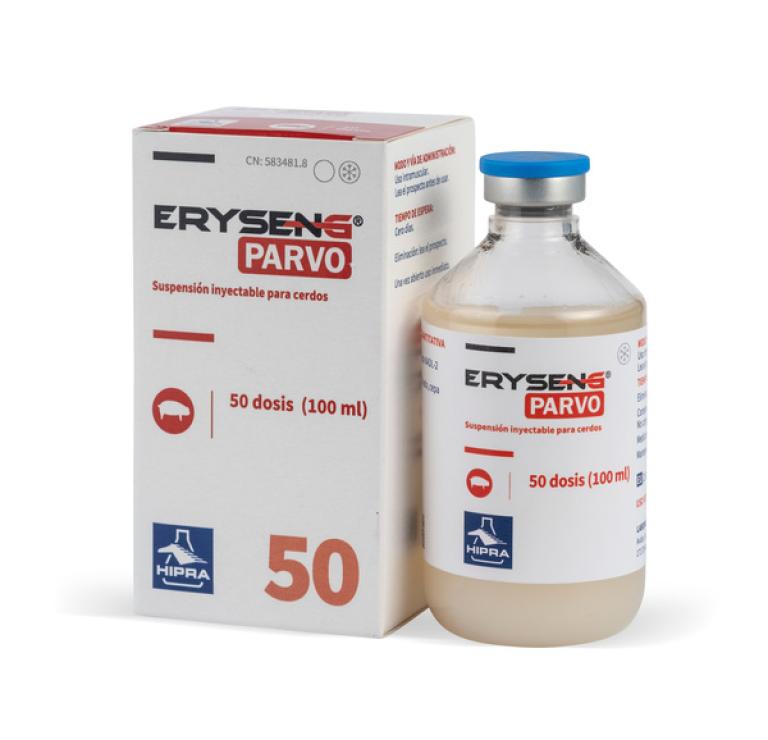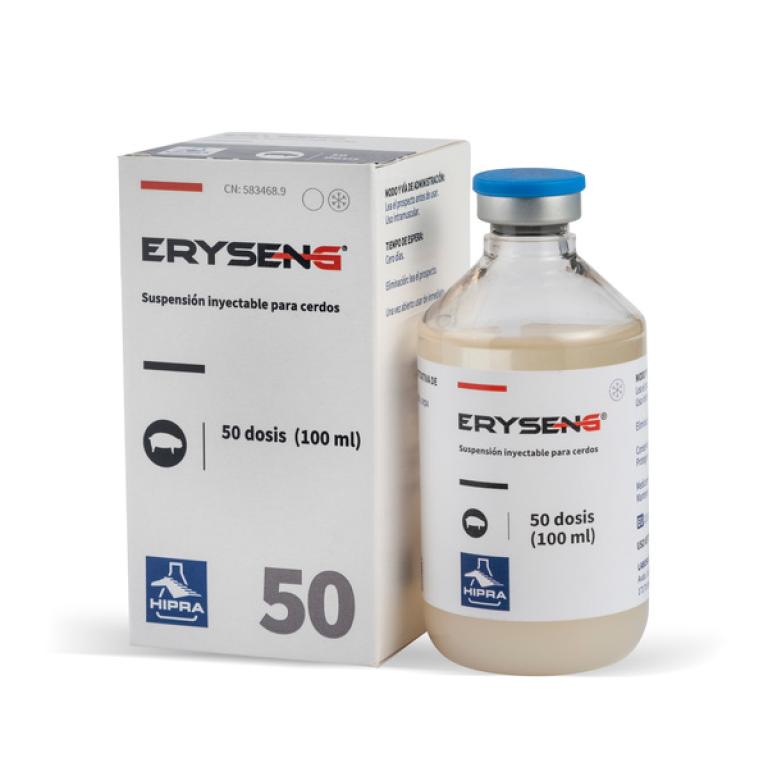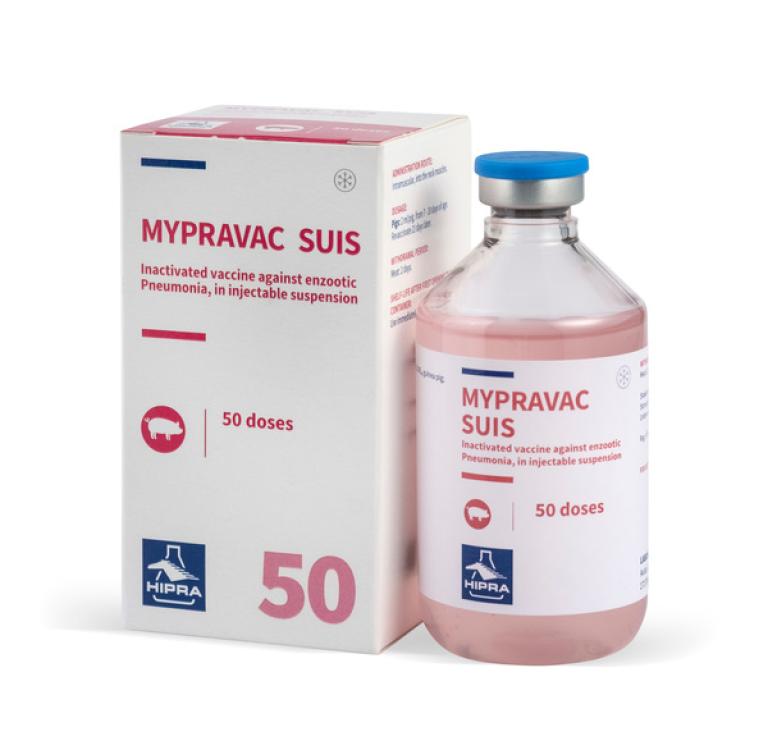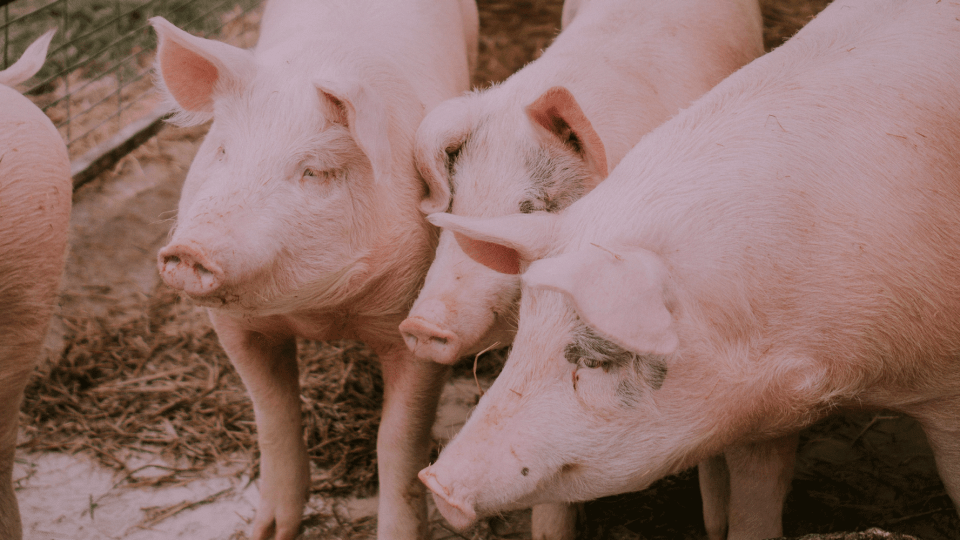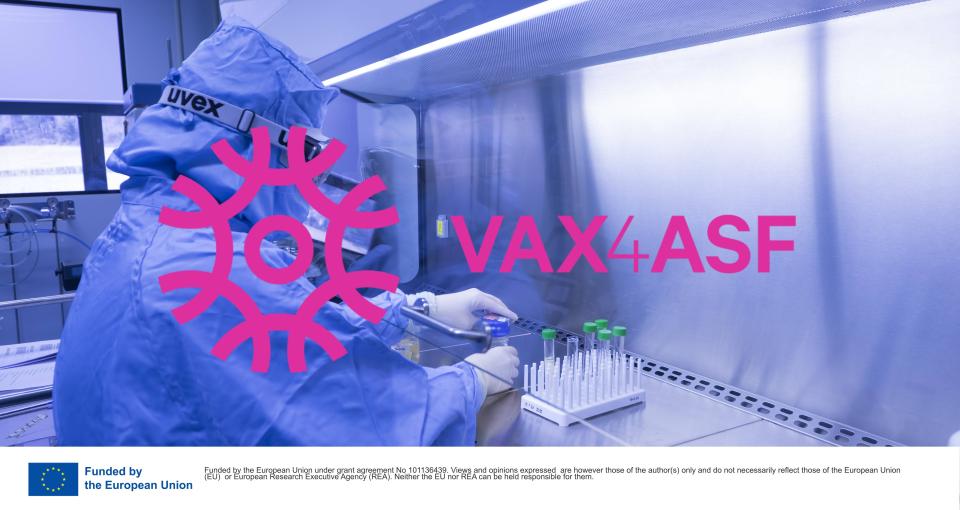Welcome to the space where you will learn about the diagnosis of Leptospira spp.
EPISODE #6: Leptospira spp. and its implication in reproductive disorders. What to consider when choosing a reproductive vaccine.

He was born in Canada and he is Doctor of Veterinary Medicine from the University of Guelph, and Masters in Business Administration from the Lang School of Business. He has been practicing swine medicine at South West Ontario Veterinary Services (12 veterinarians in the team) in Stratford, Ontario since graduating.
Ed professional areas include disease mitigation and elimination, biosecurity, and maximizing the cost-benefit of health interventions on farms.

Veterinary specialist in swine and MSc by the University of Zaragoza and eMBA studies by the Barcelona School of Management (Pompeu Fabra University).
Currently Franchise Global Manager of the Sow Range in HIPRA.
Leptospira spp. is a pathogen whose implication in reproductive disorders is unclear for different reasons. These reasons include the epidemiology and the broad range of serovars, together with a difficult diagnosis approach and interpretation.
Ed Metzger, a Canadian veterinarian will share with us the epidemiological situation in Canada, his experience with this pathogen and the reproductive vaccination trends. A apart from that, he will give his opinion about the main reproductive indicators for farm efficiency.
What do you think is the importance of day to day reproduction on the farm?
Well, Reproductive efficiency is the core driver of profitability within any swine farm, as it in turn will dictate number of pigs born and weaned. It is important to mention that “more is not always better” and that the number of pigs weaned needs to be able to match the capacity of the nursery and finisher sites receiving those pigs.
Reproductive targets are made with the goal of a consistent and sustainable supply of weaned pigs.
In areas such as Latin America or Southeast Asia, the inclusion of Leptospira antigens in reproductive vaccines historically has been common, because of the climate and farming conditions being highly suitable for the presence of this bacterium. Thus, the use of a trivalent vaccine containing the reproductive vaccines 3 antigens, Erysipelas, Parvovirus, and Leptospira is more widespread. On the other hand, in Europe, the most common type of reproductive vaccine, is the combo Erysipelas + Parvovirus one.
How does it work in Canada?
The history of vaccines including antigens of Erysipelas, Parvovirus and Leptospira, in Canada is likely multifactorial yet driven by the nature of being the only reproductive type of vaccines historically approved for use in Canada.
Prior to the arrival in the recent years of vaccines including only Erysipelas and Parvovirus antigens, all other vaccines in the category were trivalent, thus the use of vaccination for Leptospira spp. was included whether it was truly needed to fix a clinical issue or not. Because the need for adequate protection of PPV and Swine Erysipelas was a first priority, trivalent vaccines were the only options.
Most veterinarians in Canada, I would infer, believe the inclusion of Leptospira spp. serovars was not causing harm in and of itself. Whether it was needed to fix clinical disease outcomes is up for debate. The debate exists because the veterinary community as a whole understands the impact Leptosirosis can have on many species including pigs.
That being said, given the way swine is reared in Canada, main indoor and on cement slatted floors in the absence of other animals that could be carriers, the question becomes what would the prevalence of Leptospirosis be in swine populations in Canada if we didn’t vaccinate for Leptospirosis. When most trivalent vaccines were registered in Canada, many of which occurred decades prior, there was a much higher proportion of animals in Canada raised on solid manure pack barns, with access to cats and other hosts of Leptospirosis.
The rearing systems have changed but the question remains if Lepto vaccination is necessary.






